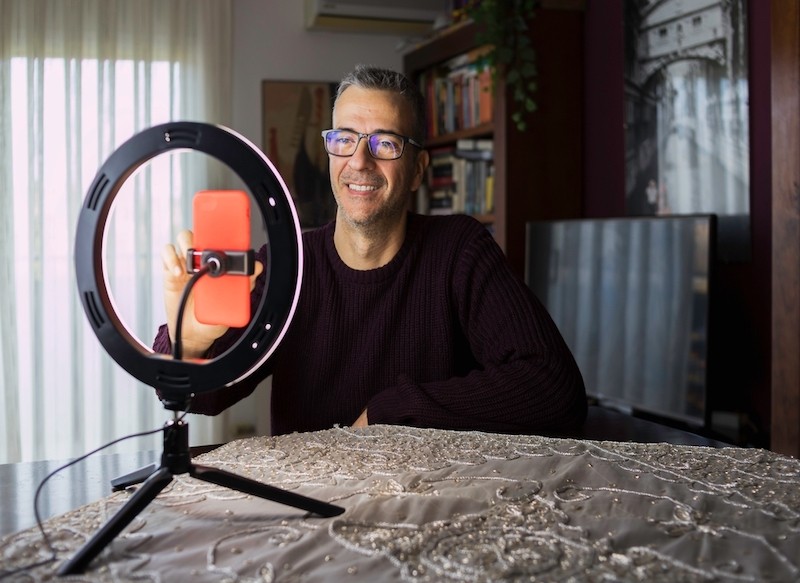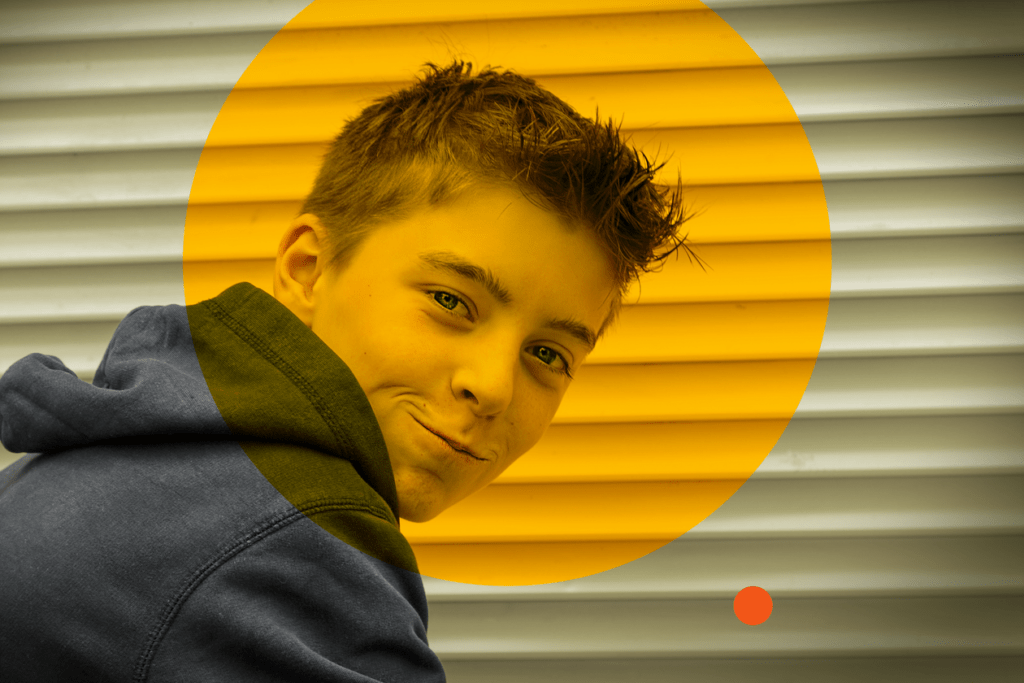TikTok for Mental Health Info? Raising Mental Health Awareness

With the rise of the social media platform TikTok, video content on mental health conditions has exploded in popularity. While it has played a part in reducing the stigma surrounding mental health, it has also revealed that people are searching for mental health resources from trusted mental health professionals.
Recently, TikTok has become the most popular search engine in the world, removing Google from the top spot. It is unsurprising to learn that people are turning to the social media app known for its short-form videos to explore the wide variety of available information published on mental health daily.
More than two-thirds of British people – 68% – have experienced mental health issues in the past five years. During the pandemic, mental health and wellness videos became commonplace on the platform as people grappled with loneliness and other hardships. The #MentalHealth hashtag has been viewed more than 16.4 billion times on the app, and the #MentalHealthMatters hashtag has been viewed more than 13.5 billion times.
Social media brings wider awareness of mental health disorders
The rising demand for mental health content shows changing attitudes around discussing mental health in public places. It also helps reduce the stigma associated with conditions such as depression and anxiety and neurodivergent conditions like Attention Deficit Hyperactivity Disorder (ADHD) and Autism.
Because of widespread accessibility and the fact that mental illness has increased dramatically throughout the pandemic, it was no surprise that experts and advocates took to TikTok to amplify information on how best to address mental health challenges.
The problem with unverified content on mental health
However, as with anything on the Internet, there is an issue verifying information. While educating the public on mental health was the primary purpose for many therapist and practitioners, there are currently few requirements on the platform that bans untrusted or clinically unproven advice from circulating. Even if there is valid information without context, as it so often is on social media, it can lead to false conclusions.
For example, a clinician on TikTok may discuss symptoms of ADHD that an individual experiences. Without the full context of all the clinical criteria of an ADHD diagnostic assessment, it is impossible to determine whether the individual has an ADHD diagnosis.
People want more information and resources on mental health
There are countless people on social media without formal mental health training or training in another area of expertise but are still speaking on topics they are not fully informed about. Only mental health professionals, like those working for Onebright, are qualified to educate the public on mental health.
Many people describe TikTok as a place to find “humanising” content related to mental health. It increases people’s foundational understanding of mental health and allows therapists to bring concepts and overviews of diagnoses to a broader audience. It may be illuminating, but it is not enough on its own.
As a mental health training resource, people should talk through their thoughts and emotions one-on-one with an accredited therapist. This way, they can begin a personalised treatment pathway held to ethical standards and confidentiality in an interpersonal exchange.
For more information on mental health services
Contact us using the form below to learn more about Onebright’s mental health services.



